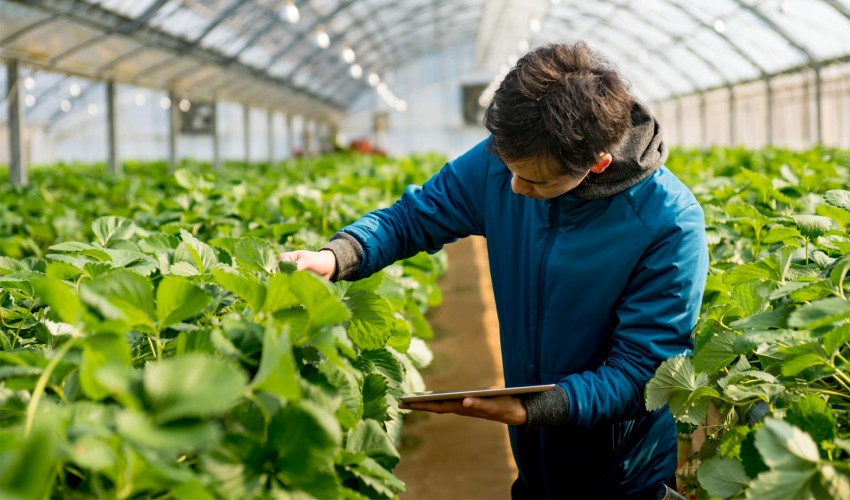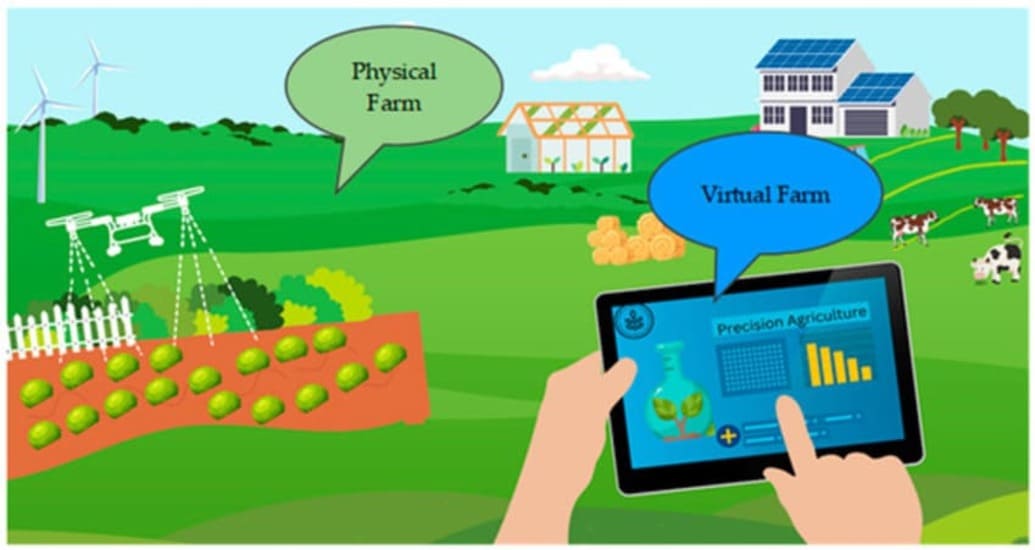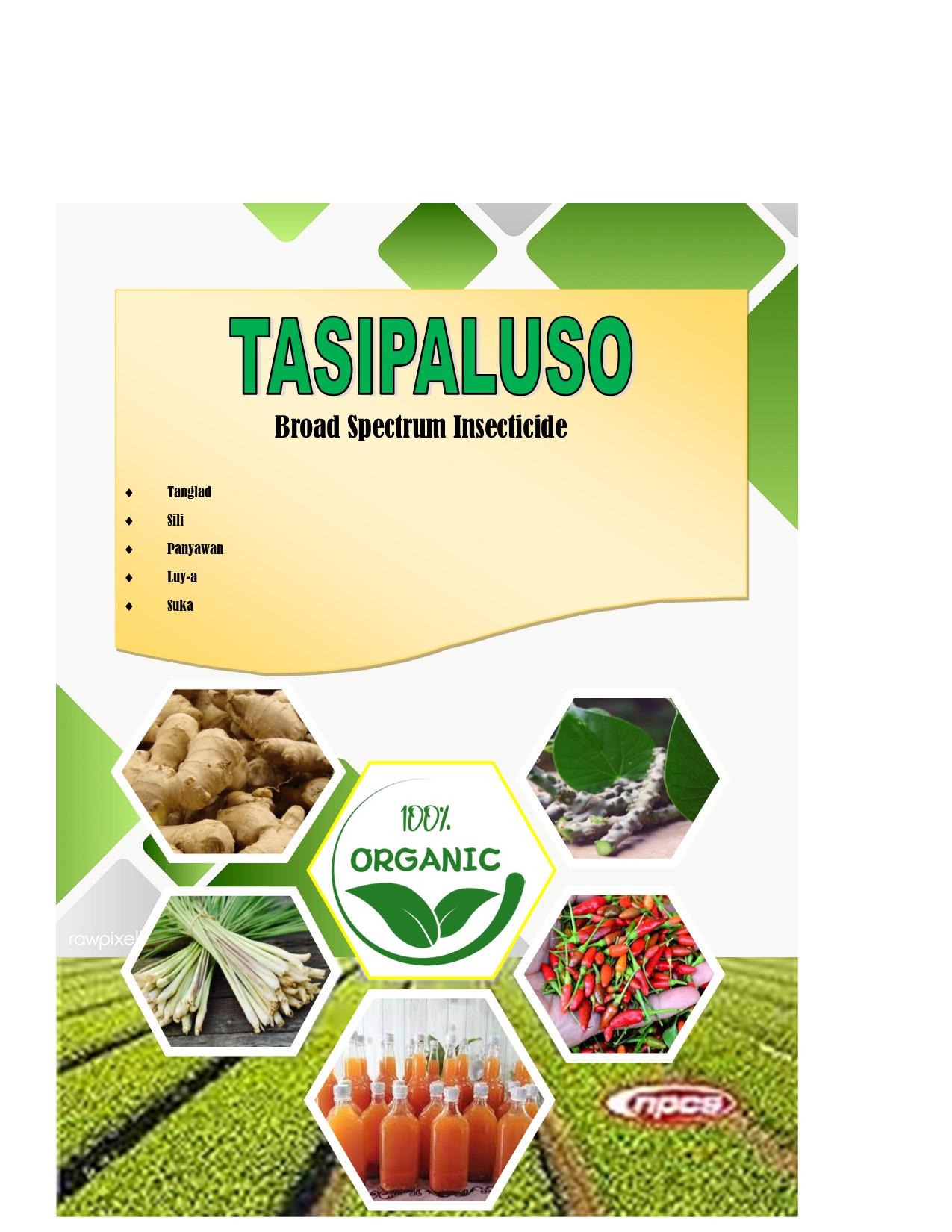
Agriculture Science
Agricultural Engineering is the area of engineering
concerned with the design, construction and improvement of farming equipment
and machinery.
Agricultural engineers integrate technology with farming.
For example, they design new and improved farming equipment that may work more
efficiently, or perform new tasks. They design and build agricultural
infrastructure such as dams, water reservoirs, warehouses, and other structures.
They may also help engineer solutions for pollution control at large farms.
Some agricultural engineers are developing new forms of biofuels from non-food
resources like algae and agricultural waste. Such fuels could economically and
sustainably replace gasoline without jeopardizing the food supply.
While agricultural engineers may develop specialties, most
are involved in certain core activities. For example, most professionals design
and test agricultural machinery, equipment, and parts. They may also design
food storage structures and food processing plants. Some may design housing and
environments for livestock.
Those interested in sustainability may provide advice on
water quality and water pollution control issues. They may also plan and oversee
land reclamation projects on farms. Others may be involved in agricultural
waste-to-energy projects and carbon sequestration (absorbing carbon dioxide
from the atmosphere into the soil, crops and trees).
- Production Technology of Field Crops
- Manufacturing Processes
- Geology and Soil Mechanics
- Principles of Agricultural Economics
- Basic Horticulture
- Surveying and Levelling
- Fundamentals of Soil Science
- Principles of Food Science
- Unit Operations in Food Process Engineering
- Fundamentals of Agri-business management
- Forest Resource Management
- Post-harvest engineering of agricultural crops
- Farm Tractors
- Tillage and Sowing Equipment
- Hydrology
- Soil Conservation and water harvesting
- Process Engineering of Spices and Plantation Crops
- Food and Dairy Engineering
- Field Crop Machinery
- Irrigation Equipment
- Drip and Sprinkler Technology
- Storage and Package Technology
- Application of GIS in water resource management
- Erosion Control Measures Agronomic Measures
- Landslides
- Classification of Conservation Structures
- Ground Water Wells And Pumps
- Scope and Importance of Food Processing
- Crop Production Technology
- Food Processing Plant Design And Layout
- Design And Maintenance Of Greenhouse
Recent Published
Submit Manuscript
To give your manuscript the best chance of publication, follow these policies and formatting guidelines.


